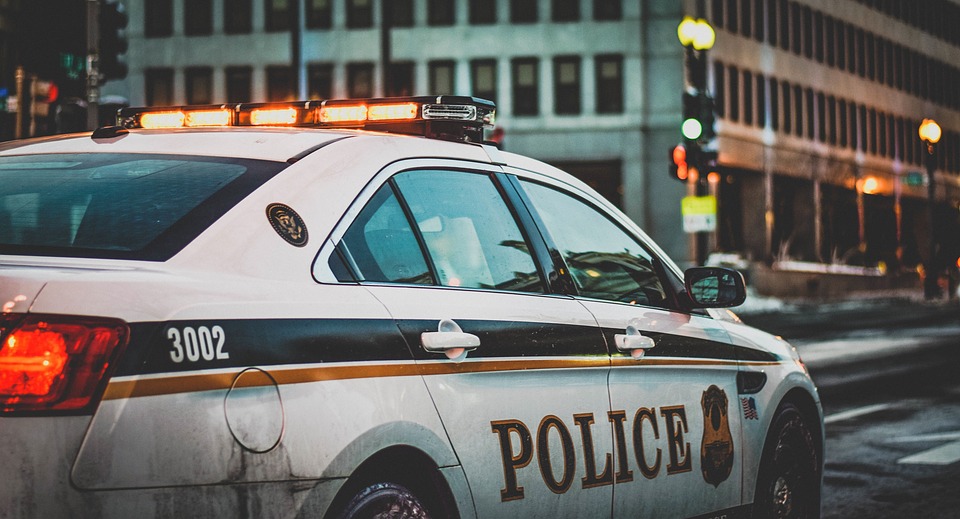Your bags are packed, your itinerary set, your playlist , and your snacks all ready to go. You’re off on a road trip … what could possibly go wrong?
To be honest, not all road trips leave pleasant memories. Some result in a car crash, which can be a confusing and frightening experience, especially if you’re far from home.
Although this is not what you expected when you set out, such an unhappy event can be so much easier to handle if you know what to do. Here’s a guide for handling a potential collision while you’re traveling.
Check for Injuries
First things first: Check for injuries. Anyone who needs medical attention should receive it as soon as possible.
If you call the authorities, an ambulance gets dispatched automatically, and the team aboard the emergency vehicle can administer treatment. It’s also vital for you to get checked out, even if you feel like you’re okay.
Sometimes, injuries aren’t apparent right away. If you’re in shock, you might not realize you’re injured. You may refuse a ride in the ambulance if you believe you’re fine, but you should at least let a paramedic check you out before you make that choice.
Assess the Scene
Once you’ve addressed any serious injuries, take a step back and see where you’re standing. Try to remember everything that happened in the incident, including what you were doing, how fast you were going, where you were hit, who was involved, and other relevant details.
It’s especially essential to try to assess who was at fault. If you were injured in a crash that primarily was caused by another driver, you could have a personal injury case that will enable you to sue for compensation to cover medical bills and vehicle damage.
If you have the presence of mind at the site of the accident, take photos of the scene. Pinpoint all the areas of damage and photograph the other individuals involved in the collision, if possible.
That way, you’ll not only have evidence to support a potential legal claim, but you will also protect yourself from scammers who pretend to be more hurt than was probably the actual case in the incident.
Call Your Insurance Company
After exchanging insurance information with everyone involved, let your insurer know what’s going on. Your company will instruct you about how to make a damage claim, or assist with contacting the other party’s insurer in the case of a collision that apparently wasn’t your fault.
Keep in mind that different states have different laws concerning fault in car crashes, so your insurance company might raise some obstacles. If the incident occurred in a no-fault state, and you resided in an at-fault state, for example, you might be shocked to find yourself liable for payment of your own medical bills and damages.
If you believe this isn’t right (and who wouldn’t?), you should discuss your options with an attorney.
In some instances, you might decide it’s not worth calling your insurance company. For example, if you were involved in a minor fender bender that resulted in little or no visible damage, you and the other party might mutually agree not to make an insurance claim in order to avoid experiencing a hike in insurance rates.
Figure Out Transportation
Eventually, you’ll have to figure out what to do about the rest of your trip. Should you cancel and go home? Or rent a car and keep going?
The answer will depend on your physical and emotional state and exactly where you are at the particular time. Renting a car in Heraklion Crete will naturally make for a different experience to renting one on a completely different continent, for instance, naturally affecting the process. In a destination such as Crete it would likely make for a much smoother process, because the car rental and insurance market in that specific region would likely be specifically adapted to tourism, so a scenario such as suddenly being out of transport and needing a rental would naturally be catered to.
Assess how you feel, the state of the car, and your finances.
A rental car will likely be readily provided to you by your insurance company. If you’re not up to continuing your trip, though, it might be time to call off the rest of your itinerary and head home.
If you’re well enough to travel, and your car suffered only minor damage, don’t let this little hiccup ruin your vacation. Turn on your music, grab your snacks, and finish your trip!




